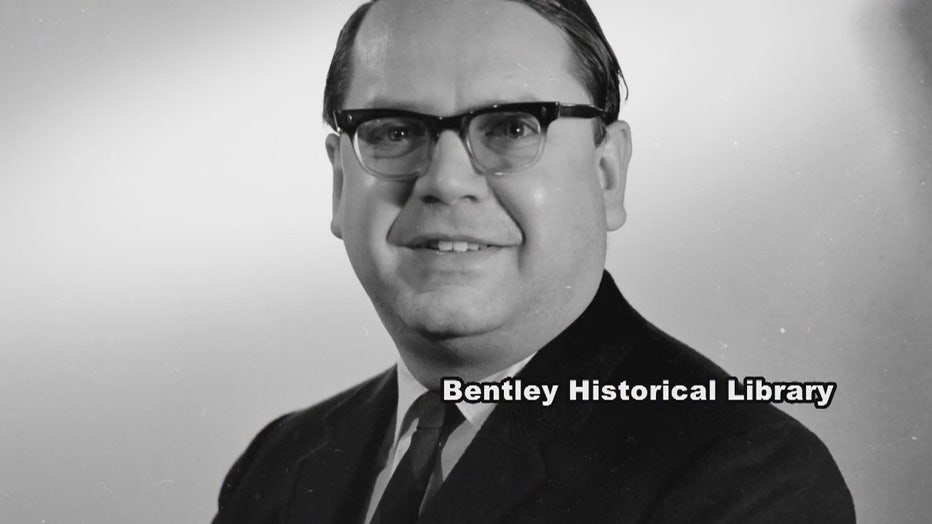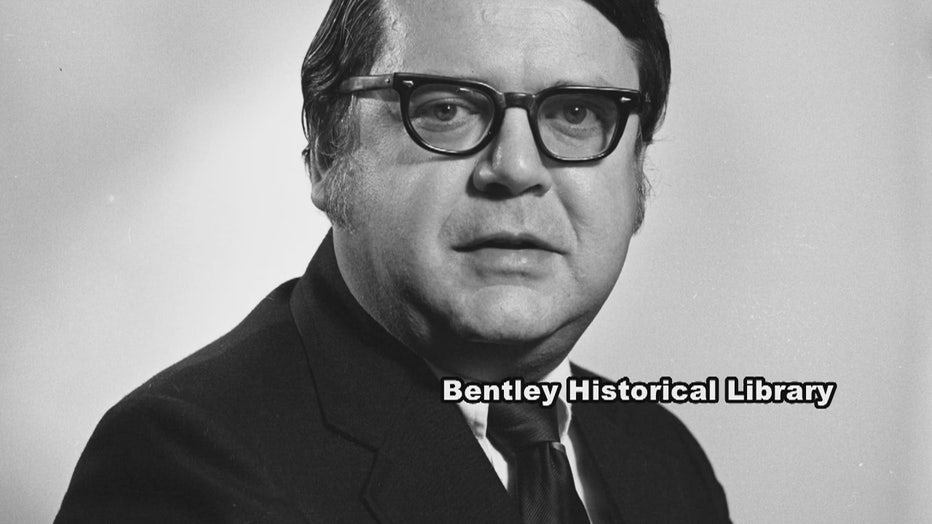Sex assault survivors share their stories of U-M doctor Robert E. Anderson's abuse
FOX 2 - "What happened lasts seconds or minutes but the psychological effects of what occurred can last a lifetime," said Andy Hrovat.
He's an Olympic wrestler - a successful coach and entrepreneur, but 40-year-old Andy Hrovat says - he hasn't been to the doctor since he was a freshman in college because of University of Michigan Doctor Robert E. Anderson.

Survivors of U-M doctor Robert Anderson share stories of sexual assaults
"What happened lasts seconds or minutes but the psychological effects of what occurred can last a lifetime," said Andy Hrovat.
"I don't trust doctors my whole life, since U of M, I don't go to doctors. why would I?" he said.
Hrovat has been wrestling since he was just 5 years old. And in 1998, Hrovat was ecstatic to play his favorite sport for his dream school, but he was immediately met with warnings about Doctor Robert E. Anderson.
"My teammates would be like, 'Oh you have to watch out for Doc A - he is going to touch you inappropriately," Hrovat said.
The warnings from teammates triggered emotions from previous trauma in Hrovat, who was sexually abused for years when he was a child.
.
"You're there and you just see this creepy old man - and you're just like, ah what do I do?" he said.
Hrovat says during his visits, Anderson, who worked at the school from 1968 to 2003 - and died in 2008, would say touching his genitals was part of his "specialty."
"For me I just shut it out. You just block it out. That's all I knew what to do," Hrovat said.

Another former student, Robert Stone, told FOX 2 that he was just 20 years old when Anderson assaulted him.
"He placed my hand on his penis and started rubbing it up and down," Stone said.
Another former student, Gary Bailey, told a similar story, but Bailey filed a complaint within a month or so - saying the behavior was inappropriate.
Attorney Parker Stinar says he and his firm have evidence dating back to the 1970s that the university knew of the abuse - and did nothing.
"They knew at different times and they refused to take certain steps to address what happened in the past - and prevent it from happening in the future," said attorney Parker Stiner.
The university launched an investigation into Anderson's conduct after five former patients made allegations. The school's president apologized last week to "anyone who was harmed" by Anderson. But Hrovat says he feels like the university is downplaying their trauma.
"A few visits seems like a brief moment in time but your mind always holds onto that," said Hrovat.
Stinar says now he represents more than a dozen victims - and he expects that number to continue to rise.
"By (Hrovat) being so brave and refusing to be silenced any longer, I hope other victims will be willing to tell their stories. They're not alone," he said.

Dr. Robert E. Anderson

